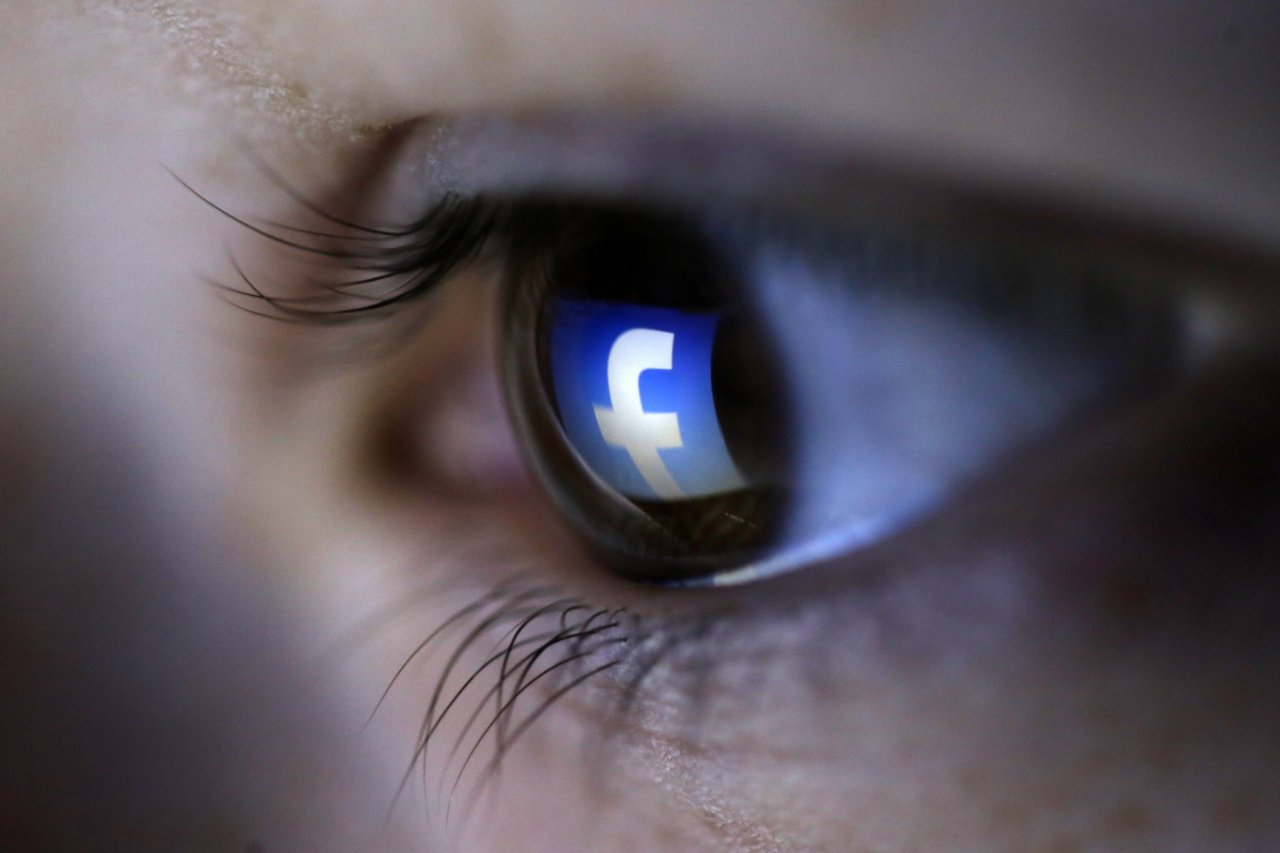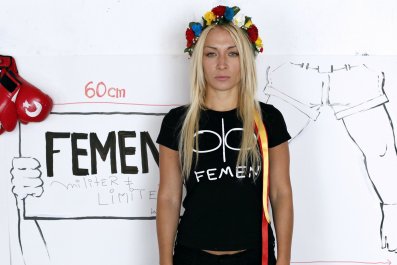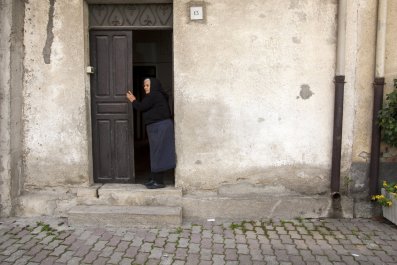Frédéric Durand-Baïssas first saw L'Origine du Monde soon after the painting was acquired and exhibited by the Musée d'Orsay in Paris 20 years ago. He was fascinated by the subject and the artist, the 19th-century French realist Gustave Courbet.The picture portrays the naked torso, thighs, pubic hair and genitals of a voluptuous woman spread eagled on a bed.
"What's extraordinary is the shock it can provoke," Durand-Baïssas says, "an emotional shock, not shock in a bad sense, like pornography. Courbet chose not to show the woman's head, to focus on this part of the body and call it L'Origine du Monde, where we all came from."
In 2011, after Franco-German TV channel Arte screened a documentary about the popular painting, Durand-Baïssas gave a heads-up to around 800 art-loving friends by posting on his Facebook page a link to the film and a photo of the painting.
The next day he realised Facebook had closed his account. He wrote several times without getting an answer. (Nor would Facebook comment to Newsweek.) Later, Durand-Baïssas learned he'd been shut down by an algorithm censoring porn. Angered by Facebook's high-handedness and failure to distinguish between art and pornography, Durand-Baïssas consulted a lawyer.
The legal merry-go-round that followed will be familiar to any Facebook user who has complained – terms of use include agreement to resolve any dispute in California.
The internet behemoth's second escape clause is that its website is free for users, so consumer protection laws do not apply. Maître Stephane Cottineau, lawyer for Durand-Baïssas, disagrees. "The user is a consumer because Facebook earns money from advertising thanks to users," he says.
Last month Paris's High Court ruled the California court clause is "abusive" and declared itself competent to judge the complaint. On 21 May it will begin to consider Durand-Baïssas's claim for €20,000 in damages. Cottineau calls it "a victory for David over Goliath".
The ruling sets a precedent. "Now Facebook will have to face French justice, and other websites will have to do the same," says Cottineau.
And others are seeking to bring US-based giants under national jurisdiction. France's leading consumer association and its independent internet watchdog have cases against Facebook for what they consider "abusive" and/or illegal terms of use and abuses in collection of personal data. Last month, the EU's Article 29 Working Party agreed a taskforce to probe Facebook's updated terms and policies.
Meanwhile in a Vienna court, Europe Against Facebook, a campaign led by Max Schrems, a young Austrian lawyer, has filed a "class action" by 25,000 people across Europe against Facebook Ireland Ltd, with whom the 80% of Facebook users outside the US and Canada agree terms and conditions. Facebook is accused of third-party tracking and channelling European data to the US National Security Agency's PRISM clandestine surveillance programme.
"We want to show that there are consequences," Schrems tells Newsweek. "Everyone can demand €10,000 compensation from Facebook."
The key issue, says Philippe Algrain, founder of Squaring of the Net, a French group promoting digital rights, is that Facebook and others "have become as powerful as the state in making decisions". And the French won't be the only ones to smile if an erotic artwork helps put a stop to that.











































